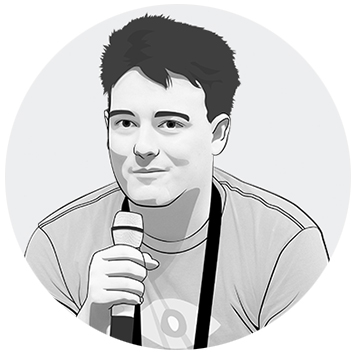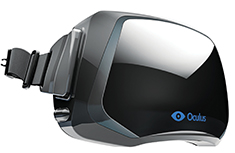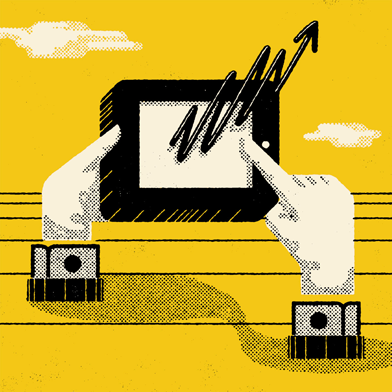
` Palmer Luckey, 21
If you can make virtual reality affordable for consumers, things fall into place.
Palmer Luckey grew up mesmerized by the transcendent virtual reality depicted in Star Trek and The Matrix. But when his video screen faded to black, he was back in the real world, where virtual technology remained trapped in niche applications.
So Luckey, a self-taught engineer who had been exploring technology journalism in college, began tinkering. In 2009 he hacked together his first prototypes of a virtual-reality headset in his parents’ basement. He eventually called it the Oculus Rift and posted designs to Internet forums. In 2012, John Carmack, the creator of the Doom and Quake video-game franchises, took notice, and the two began an online dialogue. Luckey sent Carmack a prototype, which Carmack demonstrated at the E3 video-gaming conference. Then things really heated up. Luckey tried raising $250,000 for Oculus Rift on Kickstarter and got $2.5 million. A year later Oculus, based in Irvine, California, received $91 million in venture capital. Software developers began producing games for the Rift, which is expected to hit the market by 2016 for about $300. And in March, Luckey sold his startup to Facebook for $2 billion.

For Luckey, it’s just a matter of reality finally catching up with the imagined possibilities. “The sale might have been mind-boggling two years ago,” he says. “It’s less so now after we’ve shipped about 70,000 development kits. It’s very clear that virtual reality is going to take off. I think people are going to look back and actually think it was a very low price to get a foot in the door on that VR future.
“We’re going to get to the point where virtual reality is indistinguishable from reality itself. And much sooner than that, we’re going to have the visual side indistinguishable from reality. It’s going to take longer to get all of the other senses working, but it’s a clear path. What we say around the office is: virtual reality isn’t the next platform, it’s the final platform. Once it’s perfect, you won’t need to perfect any other platform. That’s going to change the way artists work with content and how they create.
“This is beyond gaming. You can have education. You can put people anywhere in the world, not just as it exists today, but as it existed in the past. You can put people in a concert, you can put people courtside at any sports game, you can hover above the playing field. Things are a long way off in terms of being perfect, but we have a road map.”
—Adam Popescu
